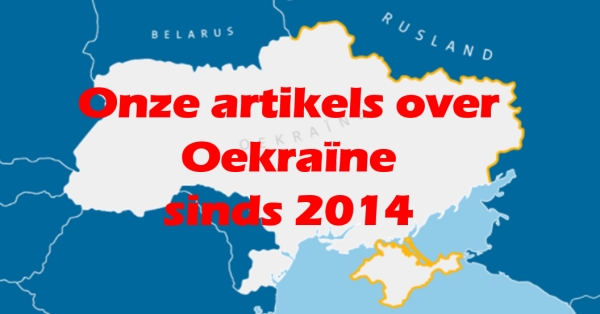Herman Michiel (Ander Europa)
25 September 2020
On 23 September, the European Commission launched its proposal for a new asylum and migration policy. This consists of five legislative texts 1, which must therefore be approved by both the European Parliament and the Council of Ministers. “The old system did not work, we are now making a fresh start,” said European Commission president von der Leyen. However, if one thing is clear, it is that the new plans were not made to guarantee the rights of migrants and asylum-seekers and to avoid thousands of new deaths, but to reconcile ‘divergent perspectives’ and ‘restore trust between member states’.
A telling but frankly perverse example is the proposal of ‘division of labour’, or ‘solidarity’ in EU jargon, between, on the one hand, member states that are not necessarily opposed to taking a (limited) number of asylum seekers within the framework of a European ‘redistribution policy’, and on the other hand, member states that do not want to take the slightest number of them. The latter could, however, demonstrate their ‘solidarity’ by taking responsibility for the repatriation of rejected asylum seekers… The pressure could be increased by stipulating that those who have not been repatriated after eight months must be granted the right of residence in the country responsible for expelling them. The EU would even appoint a coordinator of deportation policy. All well considered, countries such as Hungary or Poland, accused by the EU for their lack of respect of the rule of law, would act as subcontractors for deportation, a practice in which several people have already been killed in states governed by the rule of law …
However, the EU wants to ensure that its standing as the ‘guardian of the rule of law’ stands up to scrutiny, even if this involves questionable tricks. ‘Push backs’ are illegal (intercepting refugees and putting them back across the border before they have even been able to apply for asylum), but they do happen. In its proposals, the European Commission foresees a ‘monitoring mechanism’ to identify such illegal practices. That’s at least something, one would say, but the responsibility would lie with the member states themselves. It is as if you would leave it to Ireland or the Netherlands themselves to report on their ‘beggar thy neighbour’ fiscal arrangements.
Another issue is the pressure on a number of countries at the external borders. It has become clear to everyone that the ‘Dublin regulation’ is one of the major stumbling blocks to a better European policy. It stipulates that the country in which an asylum seeker enters the EU (in most cases: Greece or Italy) is responsible for examining the asylum application. This creates a situation as terrifying as that on the Greek islands (Moria…) and explains, albeit not condones, the fact that vessels in the Mediterranean carrying rescued migrants are prevented from docking in Italian ports. “We will abolish Dublin”, the European Commission president had said a few days before the new plans were made public. But there is no sign of this. On the contrary, with a new system of ‘pre-entry screening’, there is a threat of more bottlenecks and hot spots at the borders. A pre-selection will be carried out there, and only those who are allowed through will be able to apply for asylum. Ylva Johansson, the commissioner responsible for migration, said that the pre-selection must be done ‘very quickly’, and that there will be ‘many negative decisions’. She also suggested a criterion for such quick decisions: whoever comes from a country from which less than 20% of asylum applications are deemed acceptable will not get through the pre-selection and will be quickly sent back.
In an initial reaction to the Commission proposals, Amnesty International says:
“This pact is presented as a fresh start, but in reality it aims to raise the walls and strengthen the fences. Rather than a new approach to bringing people to safety, it turns out to be an attempt to reintroduce a system that has failed for years, with all the consequences that entails”.
And even the ever so EU-friendly European Trade Union Confederation (ETUC) is reacting sharply:
“The Commission’s proposal moves the EU further away from an approach to migration and asylum based on solidarity and human rights and towards a system which prioritises getting vulnerable people back into poverty and conflict zones as quickly as possible to appease populists.
This Pact is about managing relations between member states, not about the needs of migrants – which should be the EU’s starting point. The EU has a duty of solidarity towards migrants, and stronger borders and more returns cannot be dressed up as solidarity.”
Voetnoten
- For a quick overview, see Statewatch.




